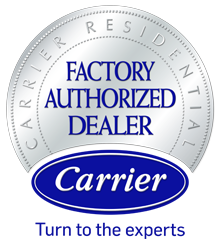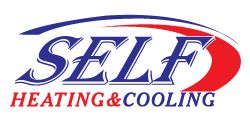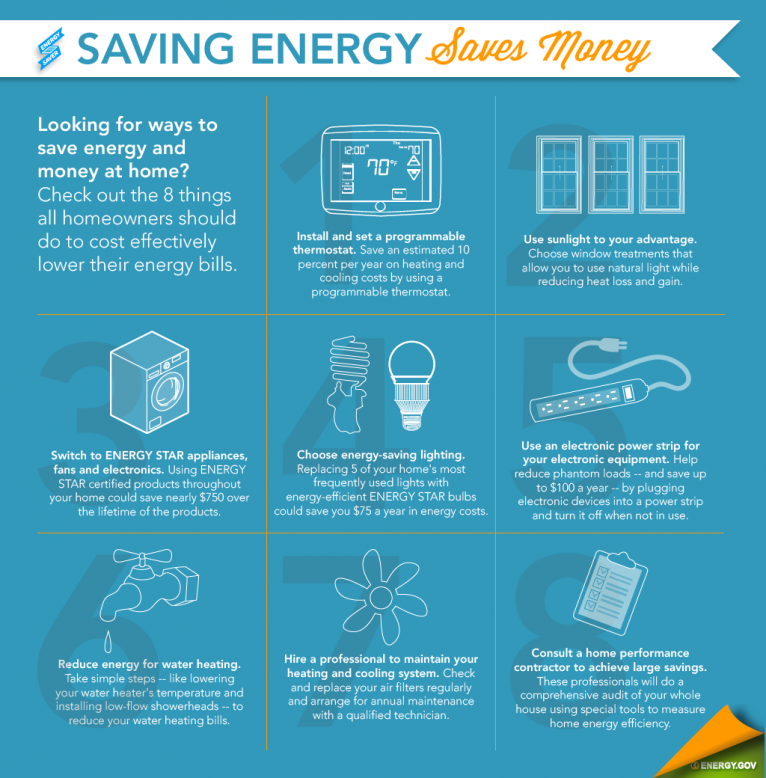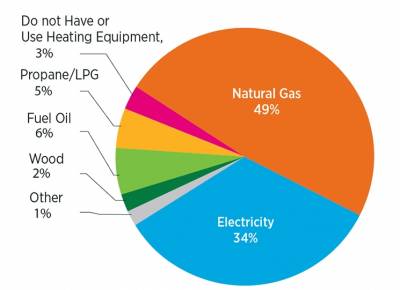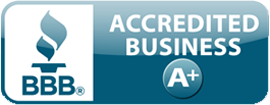Before each cooling season, it is recommended that central air conditioners get a professional tune-up. This is the biggest step to preventing major malfunctions in an AC unit.
Probably the most important step that can be done by a homeowner is to clean or replace the air filter every month. Electrostatic filters are the best. Do not run the unit with the filter removed. Check the owner's manual for filter cleaning procedure. Let a washed filter dry completely before reinstalling it.
Every month, especially during the summer months, remove any leaves or debris from outdoor condenser units.
Help keep the outdoor condenser fan running efficiently by cleaning the fan blades and the coils before each cooling season. (Always turn off the power before attempting anything other than superficial cleaning). Remove the fan grill and the fan blades. Gently brush off debris from the blades. Then uncover the condenser coils and gently brush the dirty side. Then hose water from inside the unit, using plastic bags to protect the motor and other components. Also check the base pan (under the unit) and remove any debris that has accumulated there as well.
If the condenser fan makes a clicking or grating noise it may indicate that the blades may be striking an obstruction. If a blade becomes bent, do not try to straighten the blade. A straightened blade may become unbalanced and can loosen the fan motor or hit the condenser coil. Replace a bent blade with a new blade. After replacing a blade, make sure the fan blades rotate freely and don’t wobble. If fan often becomes loose, apply a drop of thread-locking compound.
Keep vegetation at least 2 feet away from outdoor units on each side and above. Aim grass clippings away from the unit when mowing the lawn. During the fall, keep the fan grill free of leaves.
Lubricate the condenser fan motor once a year if it has oil ports. (They're usually plugged with rubber or metal caps). Use non-detergent lightweight SAE 20 oil and add no more than 10 drops per port.
If possible, shade the outdoor compressor unit. Air in shaded space is typically 5 to 6 degrees cooler than the surrounding air. Proper shading can be up to 10 percent more efficient over a cooling season.
During the winter months, protect the condenser unit with a form-fitting cover. To avoid damaging the compressor, don’t operate the unit when it’s below 60 degrees F outside.
A dirty indoor evaporator coil will hinder the unit's ability to cool the air moving through the unit. To clean the evaporator coil, remove the front panel of the air handler/ furnace to expose the coil. Ensure that the coil is dry. Use the soft brush attachment on the vacuum cleaner to gently remove any dust or debris from the coil. Check and make sure that coil fins are straight. If not, straighten them with a fin comb available from refrigeration supply dealers.
Warm indoor air contacting the evaporator coils will condense causing moisture to collect and drip. In most units, a plastic pipe carries the water outdoors or to a floor drain. Algae and bacteria growth can clog the pipe. When this happens, backed-up water can puddle, causing rust or other damage. To clean the evaporator drain, remove the plastic tape holding the trap to the pipe elbow. (It may be necessary to saw through the pipe at the elbow). Flush the trap with water from a hose, and then disinfect using 1 tbsp of chlorine bleach. Reattach the trap to the pipe with new tape.
Raise the temperature settings. Each degree of temperature can represent up to 9 percent savings in cooling costs.
Call Self Heating & Cooling today to schedule your spring service!



